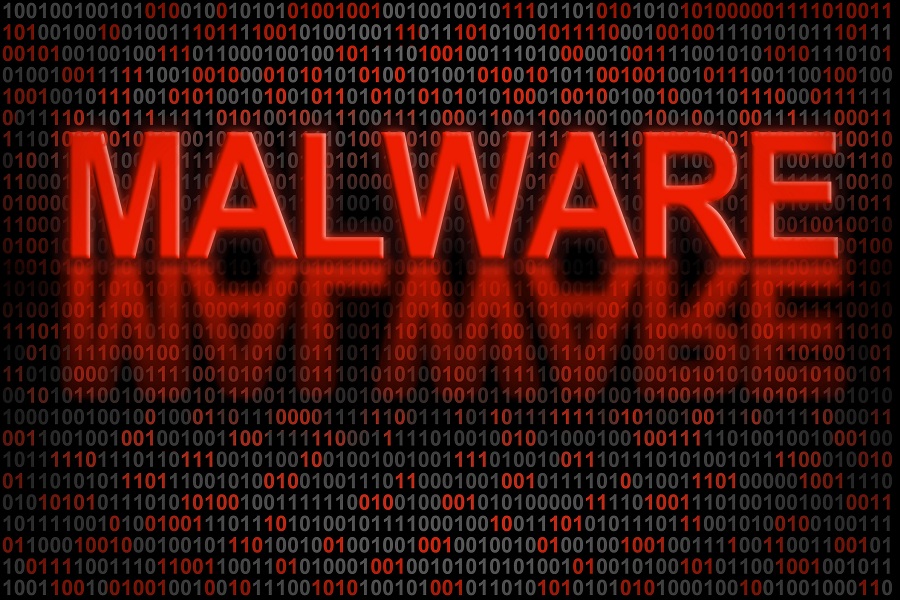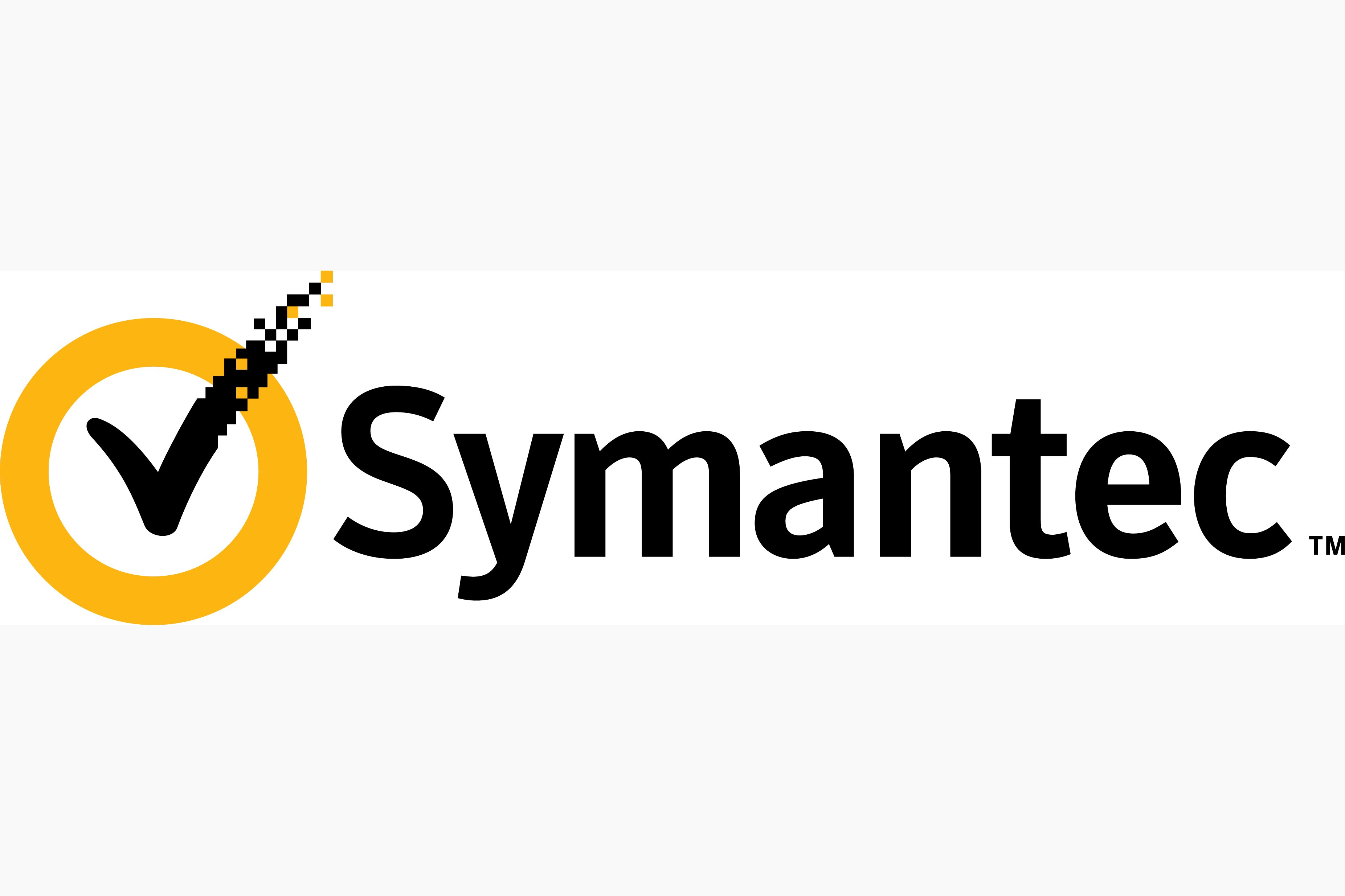Aggressive polymorphic malware doubles in July
Symantec says we should all look out for polymorphic malware, but its rise may not be sustained.


Cyber criminals were increasingly aggressive with their targeted attacks in July, upping their use of polymorphic malware.
Of all email-borne malware samples intercepted by Symantec in July, 23.7 per cent were what the security giant described as "aggressively unstable or rapidly changing forms of generic polymorphic malware."
This was more than double the same figure six months ago - an "alarming proliferation in such a short time," according to Symantec.
This kind of malware has been typically found inside an executable within an attached ZIP file disguised as a PDF file.
Polymorphic malware is particularly good at bypassing traditional anti-virus software.
"The most recent samples were specifically designed to evade detection by software emulators that often form part of the anti-virus engine installed on a target PC. Software emulation is designed to analyse the code and follow the flow of instructions, but only up to a point," the Symantec report read.
"One design element of this new breed of malware includes a series of unnecessary jump' instructions in the start-up code, which are introduced in between the real instructions specifically to confound the anti-virus engine detection."
Get the ITPro daily newsletter
Sign up today and you will receive a free copy of our Future Focus 2025 report - the leading guidance on AI, cybersecurity and other IT challenges as per 700+ senior executives
Many have pointed to the risks of relying too heavily on anti-virus to protect an organisation.
Martin Lee, senior software engineer at Symantec, called on anti-virus providers to develop their products in line with cyber criminal innovation.
"There are powerful Darwinian forces acting on the development of malware by criminals," Lee told IT Pro.
"Those whose malware is easily detectable fail to infect computers, and fail to thrive in the cyber crime environment. On the other hand, those who look to innovate and improve' their malware, tend to infect more computers and acquire the resources to reinvest in further development and innovation."
As for whether the rise of aggressive, polymorphic malware will be sustained, Lee was unsure.
"Malware innovation and development never runs backwards. If the malware writers have mastered how to deploy polymorphic techniques and this provides clear benefits to the distribution of malware, then we will certainly see more of this technique used in the malware in circulation," he added.
"On the other hand, if it less successful than the malware writers hoped, and it proves difficult to use in practice, then we may not see the technique sustained. It's early days, we need to wait and see."
Tom Brewster is currently an associate editor at Forbes and an award-winning journalist who covers cyber security, surveillance, and privacy. Starting his career at ITPro as a staff writer and working up to a senior staff writer role, Tom has been covering the tech industry for more than ten years and is considered one of the leading journalists in his specialism.
He is a proud alum of the University of Sheffield where he secured an undergraduate degree in English Literature before undertaking a certification from General Assembly in web development.
-
 Bigger salaries, more burnout: Is the CISO role in crisis?
Bigger salaries, more burnout: Is the CISO role in crisis?In-depth CISOs are more stressed than ever before – but why is this and what can be done?
By Kate O'Flaherty Published
-
 Cheap cyber crime kits can be bought on the dark web for less than $25
Cheap cyber crime kits can be bought on the dark web for less than $25News Research from NordVPN shows phishing kits are now widely available on the dark web and via messaging apps like Telegram, and are often selling for less than $25.
By Emma Woollacott Published
-
 Power stations under attack from long-running hacking campaign
Power stations under attack from long-running hacking campaignNews Dragonfly threat group is ramping up activities, say researchers
By Adam Shepherd Published
-
 Symantec profits surge as firms prop up their cyber defences
Symantec profits surge as firms prop up their cyber defencesNews The company also announced plans to sell its web certificate business
By Dale Walker Published
-
 Symantec to pay $4.65 billion to acquire Blue Coat
Symantec to pay $4.65 billion to acquire Blue CoatNews Greg Clark to become Symantec CEO, promising new cloud security
By Aaron Lee Published
-
 Symantec ditches reseller guilty of scamming PC users
Symantec ditches reseller guilty of scamming PC usersNews Silurian told people they had malware, then sold them Norton Antivirus for $249
By Joe Curtis Published
-
 NATO builds up cyber alliance with Symantec tie-in
NATO builds up cyber alliance with Symantec tie-inNews Military industrial link up to fight cyber attacks
By Rene Millman Published
-
 Junk emails fall to their lowest rate in 12 years
Junk emails fall to their lowest rate in 12 yearsNews Spam is dropping, says Symantec, but other malware threats are on the rise
By Joe Curtis Published
-
 Kaspersky: "We have never been asked to whitelist malware"
Kaspersky: "We have never been asked to whitelist malware"News A company blog has revealed neither government nor any other entity has asked it to stop detecting malware
By Clare Hopping Published
-
 Symantec confirms split into separate security & storage entities
Symantec confirms split into separate security & storage entitiesNews Storage and security will be separated as Symantec tries to boost sales in both
By Adam Lee Published